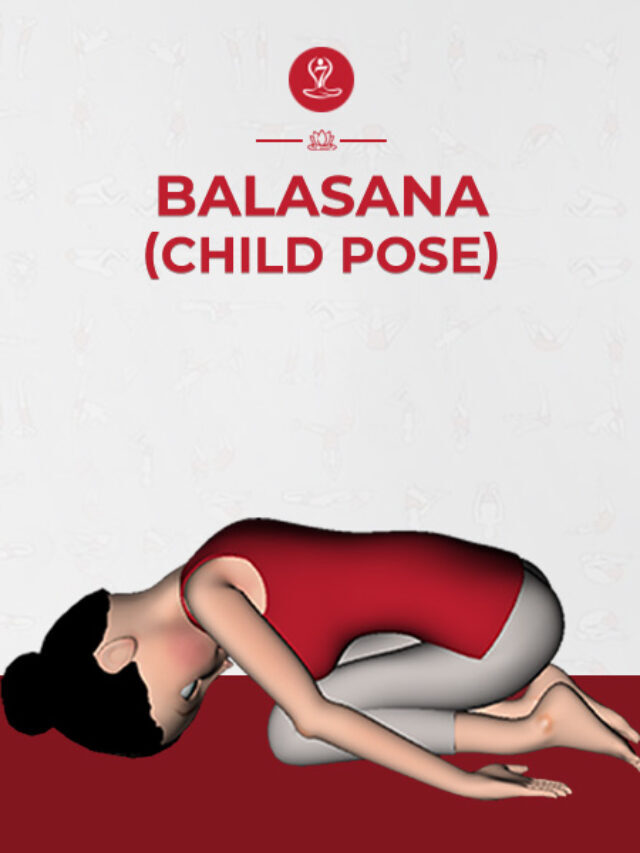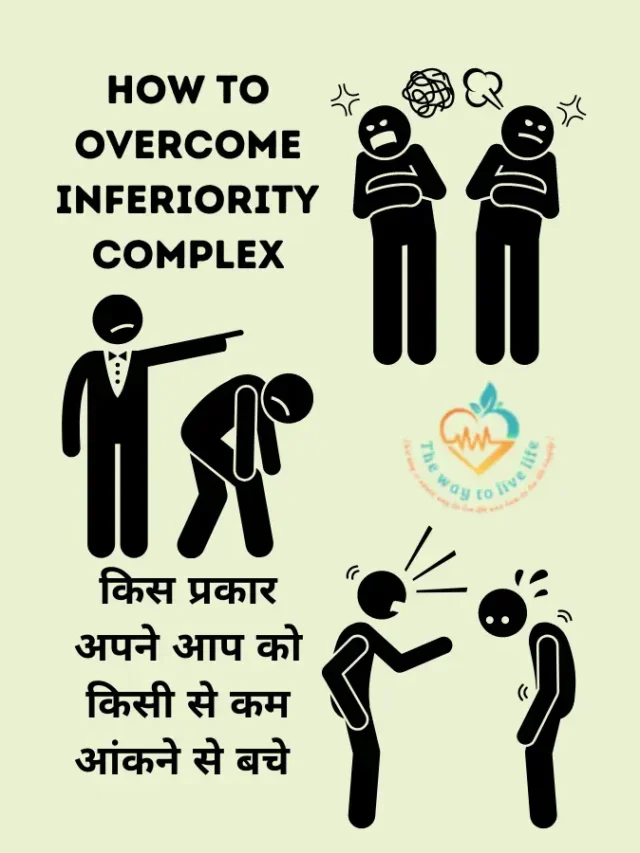Self-care is more than just reading a book or drawing a relaxing bath every now and then. Read on to understand the three pillars of self-care and how to properly embrace them.

Amidst unsettling times that are seeing a lot of us spending more time on our own, now could be just the right moment to practice self-care.
But although self-care is the buzzword of the moment, what does it actually mean? On the surface, it does what it says on the tin: to take care of yourself. Now that this special brand of me-time is becoming such a huge part of our lives, it’s helpful to understand it properly.
Self-care isn’t just about cancelling plans for one night in your busy week’s schedule, it’s about setting boundaries for yourself mentally, physically and socially to avoid becoming burnt out and over-stretched.
Writing for Psychology Today, Carlin Barnes MD and Marketa Wills MD, MBA, explain that to really understand and embrace self-care, we need to look at it like a triangle, made up of three equal pillars.
A holistic approach to self-care means thinking about your body, mind and social environment.
“One of the frameworks that we learned in medical school is the use of the ‘bio-psycho-social model’ to formulate treatment plans for our patients,” explain the psychologists.
“By using this framework, we make sure to think about our patients in a holistic way taking into consideration their biology (eg genes and physiology), their psychology (eg one’s inner mind) and their social circumstances (eg the eco-system in which patients live). We’re going to go back to our medical school roots and borrow this framework to explain self-care.”
For the three pillars, experts advise a set of actions that should help you feel more rested and reconnected to yourself, as you can see below.
Biological
Drink plenty of water
It’s an oldie, but a goodie – keeping hydrated is so important to ensuring that we’re feeling healthy, thinking straight and helping our bodies function properly. Sipping water throughout the day is better than gulping two glasses when you get home, especially if you’re exercising.
Get between seven and nine hours of sleep each day
Sleep is crucial, but for some it can be elusive. From podcasts to help you drop off, the art of napping (it’s more complex than you might think), understanding how the weather affects our sleep patterns and getting a good bedtime routine down, our sleep hub has unlimited advice on how to get a better night’s kip.
Exercise three to five times a week for at least 30 minutes
The benefits of exercise are well proven for both the mind and the body. Studies have shown that doing 30 minutes of exercise in the morning can boost productivity, while celebrities like Jameela Jamil and Davina McCall have shared their own experiences of how exercise can help mental health.
Eat healthy nutritious foods and avoid processed and/or fatty foods
Although we’d never suggest that you deny yourself eating whatever you feel like, getting a good fill of foods that stabilise your blood sugars such as fruit, vegetables, fish and nuts, will help you feel focused all day at work and keep you well-powered to achieve your goals.
Make and keep preventative healthcare appointments
Doing this not only keeps your health in check, but it helps deal with any anxieties around the subject, such as cyberchondria. This is when someone feels compelled to obsessively google symptoms, something we’ve seen a rise of in the digital age.
Psychological
Carve out ‘me time’ twice a week (eg bubble bath, burn a candle, get a massage)

’Me time’ is different to reading, exercising or even taking up a hobby such as knitting (which can contribute to self-care) – it’s about really relaxing and essentially, doing nothing. Just like the Dutch concept of niksen (of which the entire point is to take time where you’re not focused on achieving anything at all), just sitting with yourself or running a bath (and we have the perfect recipe for that) is the way to do it.
Practice mindfulness and/or deep breathing exercises for at least 10 minutes a day
Mindfulness has been praised for its benefits for the mind. There are so many ways you can incorporate mindfulness into your life, from mindful sex, shopping and fitness, getting better sleep and even overcoming your fears. As is suggested here, doing a deep breathing exercise or meditation is a good way to start.
Consider seeing a therapist in the spirit of growth and self-discovery
Choosing to start counselling is obviously a very personal decision, but if you feel that speaking to someone could contribute to your personal growth, it’s definitely something to think about. If you’re wondering what therapy could do for you, this Twitter thread of what social media users felt they learned from therapy sessions could be helpful.
Keep a gratitude journal
Journaling is a method of self-care that has risen in popularity over the last five years, and is particularly praised on social media through hashtags like #BuJu. Whether it’s writing down what you’re grateful for every day, keeping a diary or trying bullet journalling, getting all of your thoughts out on paper can be incredibly cathartic.
Set aside weekly time to plan, wish and set goals
Carving out some time for yourself to think about what you want is vital to ensuring you achieve your goals for the year ahead. We particularly love using happiness planners and self-discovery prompt journals, which can help you pin down exactly what you’d like to achieve and how to get there.
Practice self-forgiveness
We can be so hard on ourselves, but one of the biggest parts of self-care is being kind to ourselves. Whether it’s internally scolding ourselves on not getting exactly where we’d envisioned in our careers by now or feeling guilty for cancelling on those dinner plans (which you shouldn’t feel bad about, by the way), instead you need to think: “would I talk to a friend like this?” If the answer is no, then you shouldn’t be punishing yourself that way either – you’re the best friend you’ll ever have!
person doing yoga moves in a peaceful room
Social
Invest and nurture relationships that add beneficially to your energy level
It can be uncomfortable to face up to the fact that, sometimes, certain friendships are just not good for us. Friendships that may have once worked now feel difficult and draining. Perhaps they’re demanding on your time or make you feel anxious; whatever the reason, in order to preserve yourself and your happiness the best thing to do may be to cut them off. Luckily, we can tell you how to consciously uncouple with class, no ghosting required, to keep the vibes positive.
Find coping strategies for dealing with those who zap your energy
And if breaking up with a friend isn’t possible, then developing ways of coping with their behaviour is essential. Psychology Today advises methods to protect your mental health, as well as how to react in tricky situations.
Set loving boundaries and say no
Cancel anxiety is a real thing, but it doesn’t make you a bad friend if you can’t make that night on the tiles because you’re totally burned out. Setting boundaries and growing the confidence to say no when you need to is crucial to taking care of yourself.
But although all of this information is great, and gives a comprehensive overview of how to really and truly incorporate self-care holistically into your life, it can be a lot to take in. The last thing we want is for you to feel overwhelmed or stressed about fitting all of these new found self-care goals into your schedule. After all, that would defeat the point.
Instead, if time or mind space is restricting you from taking on all three pillars and the advice underneath them at once, try microstepping. As Mind Body Green says, microstepping is the act of breaking up your goals and only attempting one aspect at a time, taking tiny steps towards your final result. Speaking to entrepreneur and author on the topic of mindfulness, Mallika Chopra, the website explains that the key to this method is accepting that parts of your life will remain unbalanced for a while, but that’s okay.
To ascertain which goal you want to start working towards first, Chopra says you should think about your goals and then ask yourself about each one: “am I struggling, surviving, or thriving in this area of my life?” Whichever one you are struggling the most with is where to start, and you can move upwards from there. “Breaking everything down helps that feeling of being overwhelmed by everything,” she says.
The start of a new year or life event can have us reassessing what we’d like to improve about our lives, which is amazing. But remember that every positive change is a step forward to be celebrated, so although there’s temptation to set the resolutions sky high, take things one step at a time.










